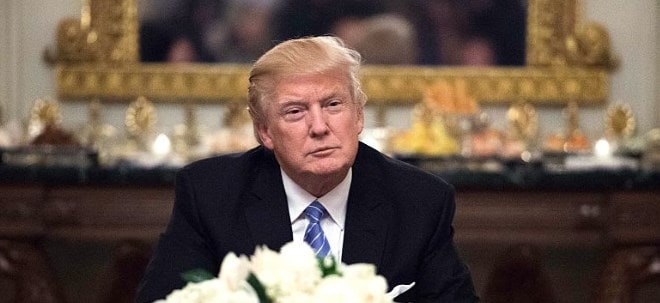Chinese premier on improving RMB exchange rate mechanism
hxxp://english.peopledaily.com.cn/200409/28/eng20040928_158615.html
Ausschnitt:
Chinese Premier Wen Jiabao said Tuesday that China will adopt measures from a number of aspects to improve exchange rate mechanism of Renminbi (RMB), the Chinese currency, in a steady and appropriate manner.
Wen made the remarks during his meeting with Charles O. Prince,chief executive officer of the Citigroup and former US Secretary of Treasury Robert Robin in the Great Hall of the People in Beijing.
"We will further advance the reform and forge a mechanism which is more adapted to the changes in market supply and demand with still better flexibility," Wen said, acknowledging this reform represents a systematic project involving a host of aspects.
In this course, Wen added, numerous factors should be taken into account, including China's macro economic performance, social development, international income and expenditure; the progress of the reform on banking sector and progress of reforms in related spheres; and the economic and financial situation of neighboring countries and regions and of the world economy and finances.
......................
In recent years, China has done a lot of related work in improving the RMB exchange rate mechanism, Wen noted, citing the accelerated pace in the reform of State-owned commercial banks; convertibility under the RMB current accounts; steady relaxed restriction on capital accounts.
Those achievements also involves a more and steady opening of the capital market; an increase in the number of institutes from overseas in Chinese securities and stock market and foreign-funded enterprises; the easing of restrictions on financial market access and other related businesses, a rapid increase in the number of products and the scope of the financial market, he added.
.....................
RMB has been in a process of appreciating or devaluating against major international currencies ever since 1994, when China started the reform of RMB exchange rates, he recalled. And the floating range was relatively greater in the four years preceding 1997.
Since 1998, to cope with the Asian financial crisis, The Chinese government, in a responsible manner, kept the commitment not to devaluate RMB and narrowed the floating range of the RMB exchange rate, thus contributing to the stability and development of finance and economy of Asia and the world at large, Wen said.
"During my visit to the United States last year," Wen said, "President George W. Bush and I reached five consensuses on Sino-US economic and trade issues with the core of development, equality and mutual benefit."
At present, the overall momentum in the development of Sino-US ties was good and bilateral trade and economic cooperation kept moving forward, Wen said, voicing the hope that the two sides will follow the above mentioned guidelines to maintain the sound and stable growth of trade and economic relations.
China wurde von der G-7 eingeladen (Russland wird nicht kommen wenn China involviert ist) - dieses ist kein Witz, seitdem die G-7 es ablehnen die Wichtigkeit von China, Russland und Indien anzuerkennen und ihnen nicht die volle Mitgliedschaft einräumen.
...aber dieses ist eine andere Sache...
Der IMF, Finanzminister Snow geben den vollen Druck auf China und den Ölpreisen bei dem bevorstehenden Treffen von dem IMF, jetzt sind es aber das aufgeblähte US Current Account Defizit, das Trade Defizit und das Budget Defzit die die Hauptpunkte unter den globalen Ungleichgewichten sind.
1.) China hat heute einen Lippendienst geleistet über die Neubewertung von dem RMB, weil es nicht in ihrem Vorteil liegt, diese zu tun. Beachtet dabei wie verantwortlich China während der asiatischen Währungskrise war.
2.) China hatte global ein Trade Defizit
3.) China ist nicht überglücklich mit der Außenpolitik der USA im Bezug auf Taiwan und ihrer letzten Ankündigung Waffen der USA an Taiwan zu verkaufen.
4.) China ist gegen die aktuelle Außenpolitik der USA und ihrem imperialistischen Ehrgeiz.
5.) China wird verlangen das die USA ihr Embargo auf hoch entwickelte Computer enfernen.
In anderen Worten stehen aktuell die Dinge zum Vorteil von China und es ist zu bewzeifeln, ob sie irgendetwas von diesen für sie sprechenden Punkten aufgeben werden. |


 Thread abonnieren
Thread abonnieren

